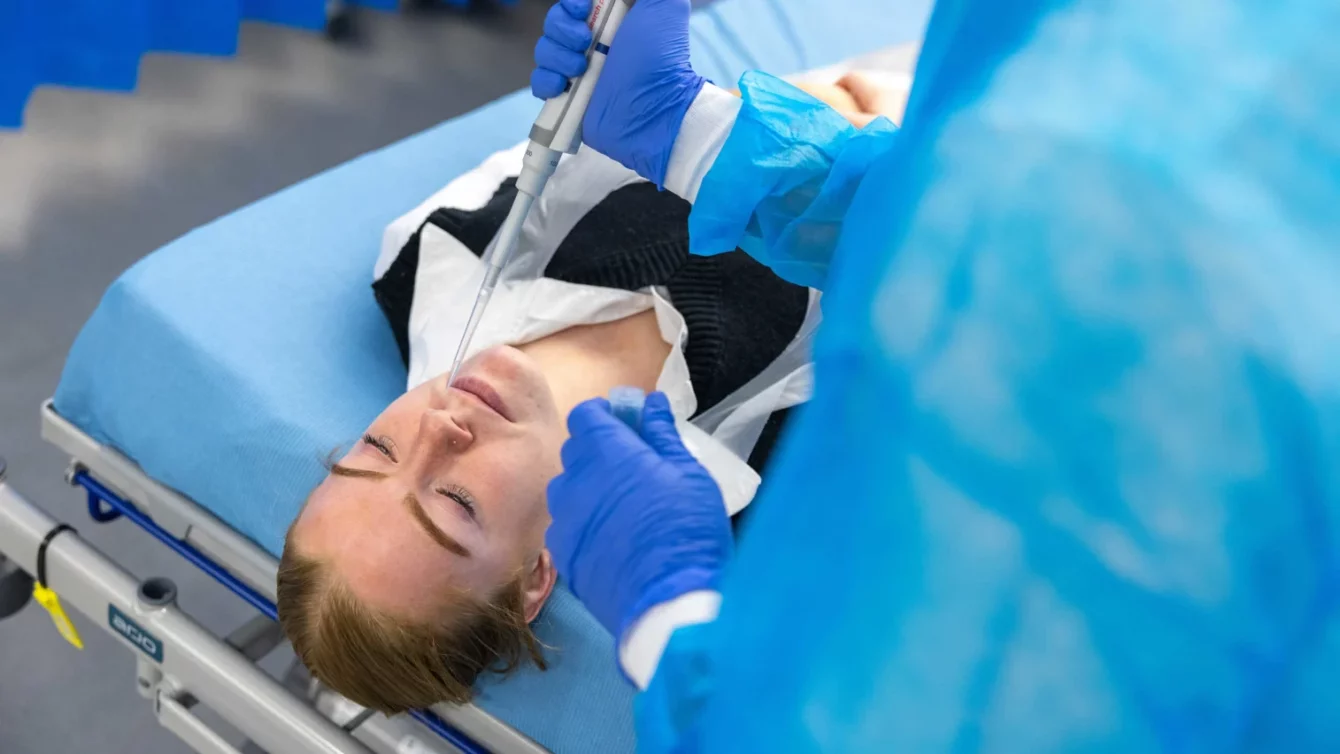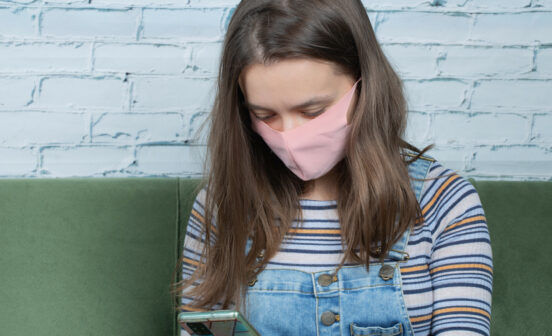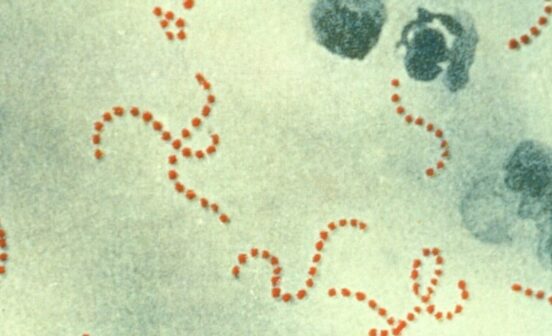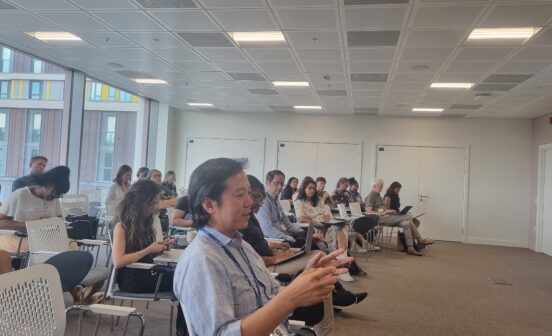Prevention The power of Human Challenge studies in tackling infectious disease

Could deliberately infecting healthy volunteers with a disease help to save the lives of many more people? While this approach seemingly contravenes the guiding principle of medical ethics to “first, do no harm”, the practice of intentional infection for health benefit has a long history and has contributed to major medical advancements over the centuries.
Human challenge studies can be traced back to the world’s first vaccine – the smallpox vaccine – when Edward Jenner deliberately inoculated a young boy with cowpox and then repeatedly exposed him to smallpox to create immunity.
Fortunately, since then, significant strides have been made in improving the ethical and regulatory standards for this type of research. Such studies are now designed to minimise risk to research participants, and the health and safety of volunteers are paramount.
In recent times, human challenge studies have been indispensable in the fight against some of the world’s greatest killers, supporting the development of vaccines for malaria, typhoid, cholera, and tuberculosis.
But how?
Often smaller, shorter, and less expensive than traditional clinical trials, human challenge studies can expedite the typically lengthy and costly process of vaccine development. They can give researchers unique insights that other studies cannot because, unlike natural infection, they are tightly controlled. By intentionally exposing healthy volunteers to infectious pathogens in a carefully managed environment, scientists can follow the course of infection in minute detail and assess the efficacy of potential vaccines and therapies.
Imperial College London is a global leader in such studies, pioneering the development of human challenge models for a wide range of pathogens – from COVID-19 to malaria. We spoke to some of our researchers using the approach to advance our understanding of these diseases and help develop next-generation vaccines.





